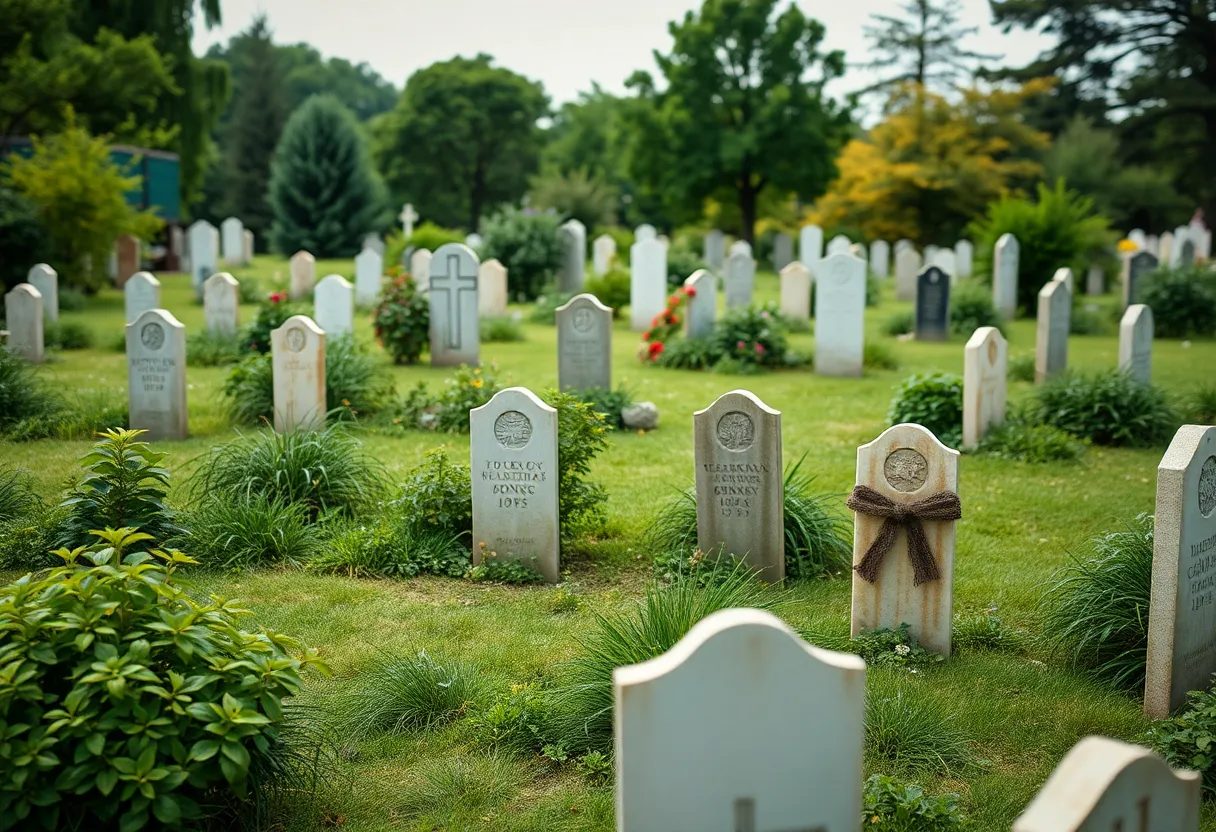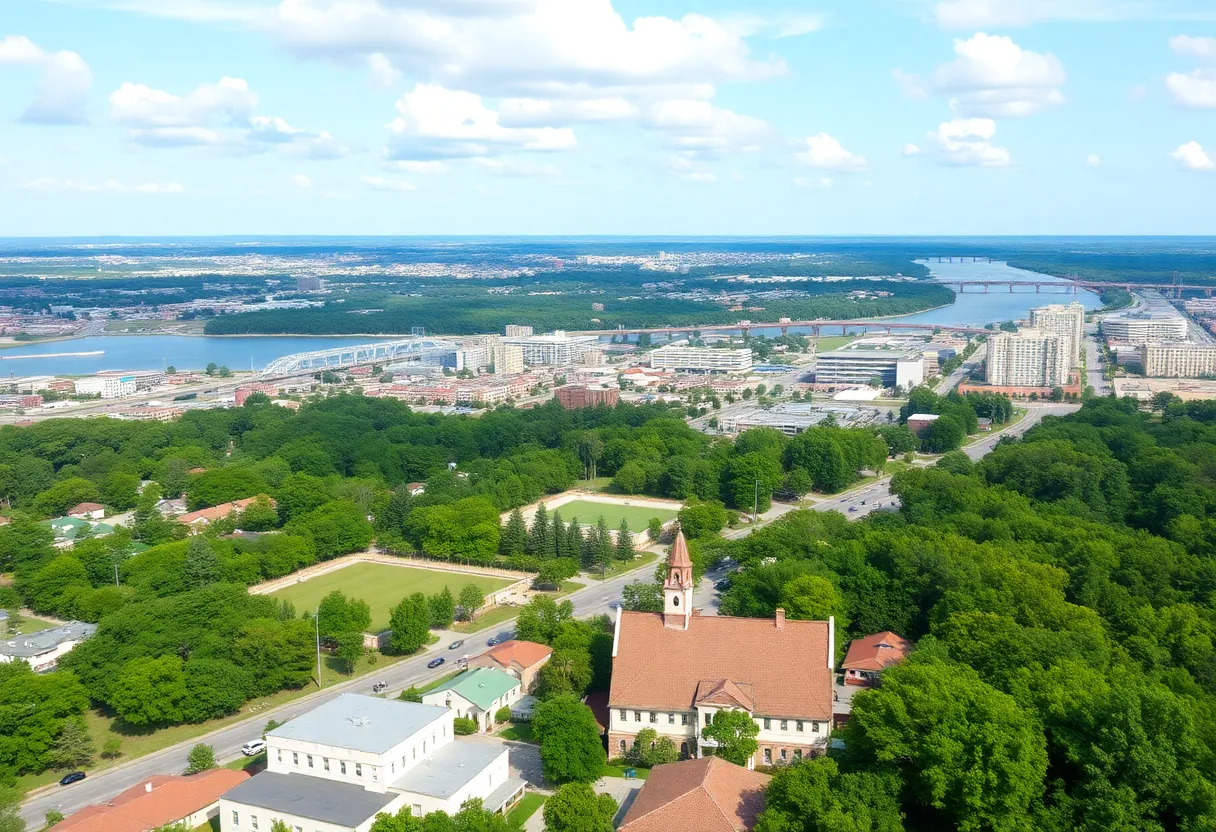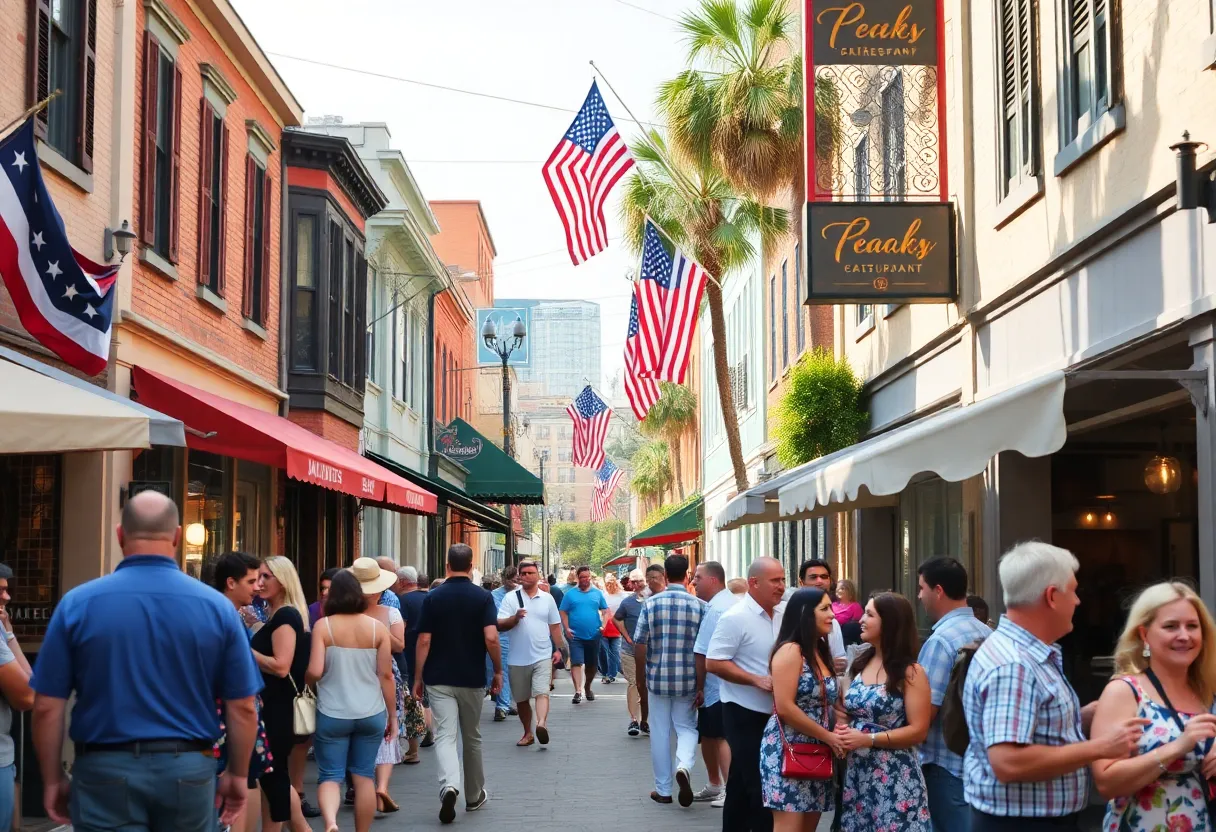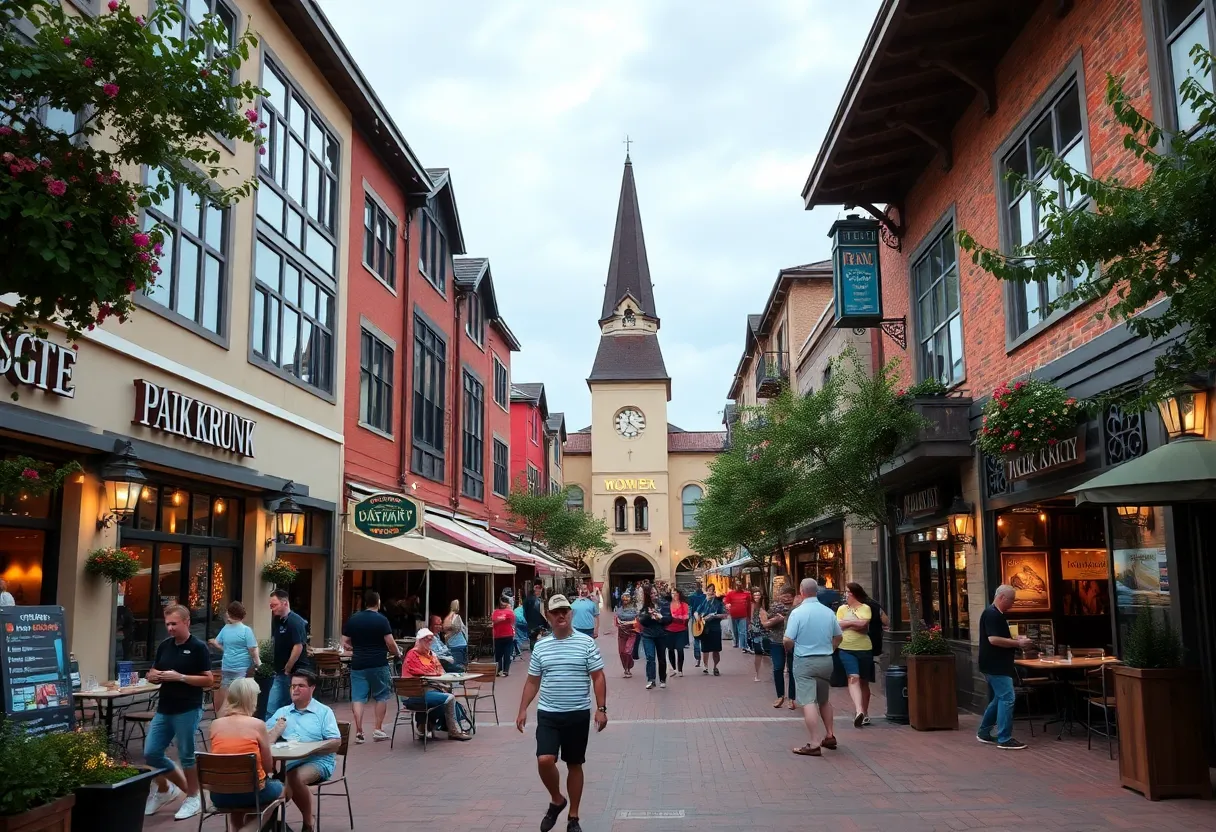News Summary
The Enslaved Ancestral Burial Ground at Historic Brattonsville in York County, SC has opened to the public, honoring the 481 lives of enslaved individuals. Efforts by historians and descendants to restore dignity to the site have culminated in a significant reconsecration ceremony planned for February 22, 2025. The cemetery will serve as a place of reflection and historical remembrance for visitors, celebrating the rich heritage of those interred there.
Historic Brattonsville Opens Enslaved Ancestral Burial Ground to the Public, Honoring 481 Enslaved Individuals
York County, South Carolina, has just witnessed a truly momentous occasion as the Enslaved Ancestral Burial Ground at Historic Brattonsville opened its doors to the public. This remarkable site stands as one of the largest burial grounds known for enslaved individuals in the Carolina Piedmont, marking a significant step in honoring the 481 enslaved lives that were once lost to history.
Years of Dedicated Effort
Historians and preservationists poured their heart and soul into uncovering this sacred ground over the span of three years. Their hard work involved using ground-penetrating radar to pinpoint disturbances in the soil that revealed burial sites. Initially, they only discovered 46 graves, but further archaeological investigation unveiled many more, allowing the stories of countless individuals to rise from the shadows of time.
In a spirit of collaboration that is both touching and essential, this initiative brought together the descendants of both the enslaved and their enslavers. By joining forces, they ensured that the site is honored and represented in a way that reflects the importance of those interred there. The burial ground is not just a place of rest—it serves as a powerful connection to the history represented by the 481 individuals buried there.
A Journey Through History
Visitors to the burial ground have noted how powerful the experience is. Walking among the graves allows each person to feel a tangible connection to real lives that once thrived and struggled in the face of unimaginable hardship. The stories of these individuals are now accessible, their dignities restored, making the site a revered place of reflection and honor.
Visiting Information
For those curious to learn more and pay their respects, the cemetery will be open free of charge, welcoming guests during the week from Tuesday through Saturday, 10 a.m. to 5 p.m., and on Sundays from 1 p.m. to 5 p.m. This initiative is not just about preserving history; it’s about celebrating and remembering the rich tapestry of lives that once walked this land.
Community Coming Together
On February 22, 2025, a reconsecration ceremony unfolds where descendants of both enslaved individuals and former plantation owners gather. This uniquely historic event exemplifies the healing and recognition that the community seeks, bridging the past with the present.
The Roots of Brattonsville
The Brattonsville plantation has a history steeped in agriculture, beginning with the acquisition of 200 acres by William and Martha Bratton back in 1766, which eventually blossomed to encompass a sprawling 4,000 acres. These lands were vital in producing cotton, and they housed the ancestors of many who transitioned into sharecropping after the Civil War, thus reaffirming their lasting impact on the local community.
A Commitment to Restoration
With the aid of a generous $40,000 grant, the restoration of the burial site has been significantly advanced. This funding not only helped protect the sacred ground but also facilitated the purchase of headstones to mark the graves. An exciting addition to the site includes the return of the original headstone of Watt, a locally revered enslaved man and American Revolutionary figure. Displaying this artifact honors his legacy and reminds us of the complex history that shapes us.
Gratitude from Descendants
The efforts to recognize this burial ground have garnered strong support from organizations like the South Carolina American Revolution Sestercentennial Commission. The descendants of those buried at Brattonsville express a profound sense of fulfillment in restoring dignity and acknowledgment to their ancestors. The establishment of this cemetery stands as a testament to the importance of remembering the past while looking forward to a more inclusive future.
In essence, the opening of the Enslaved Ancestral Burial Ground is more than just a new site for visitors. It is a celebration of history, a place of remembrance, and a call to honor the lives of those who shaped the community in ways that still resonate today.







